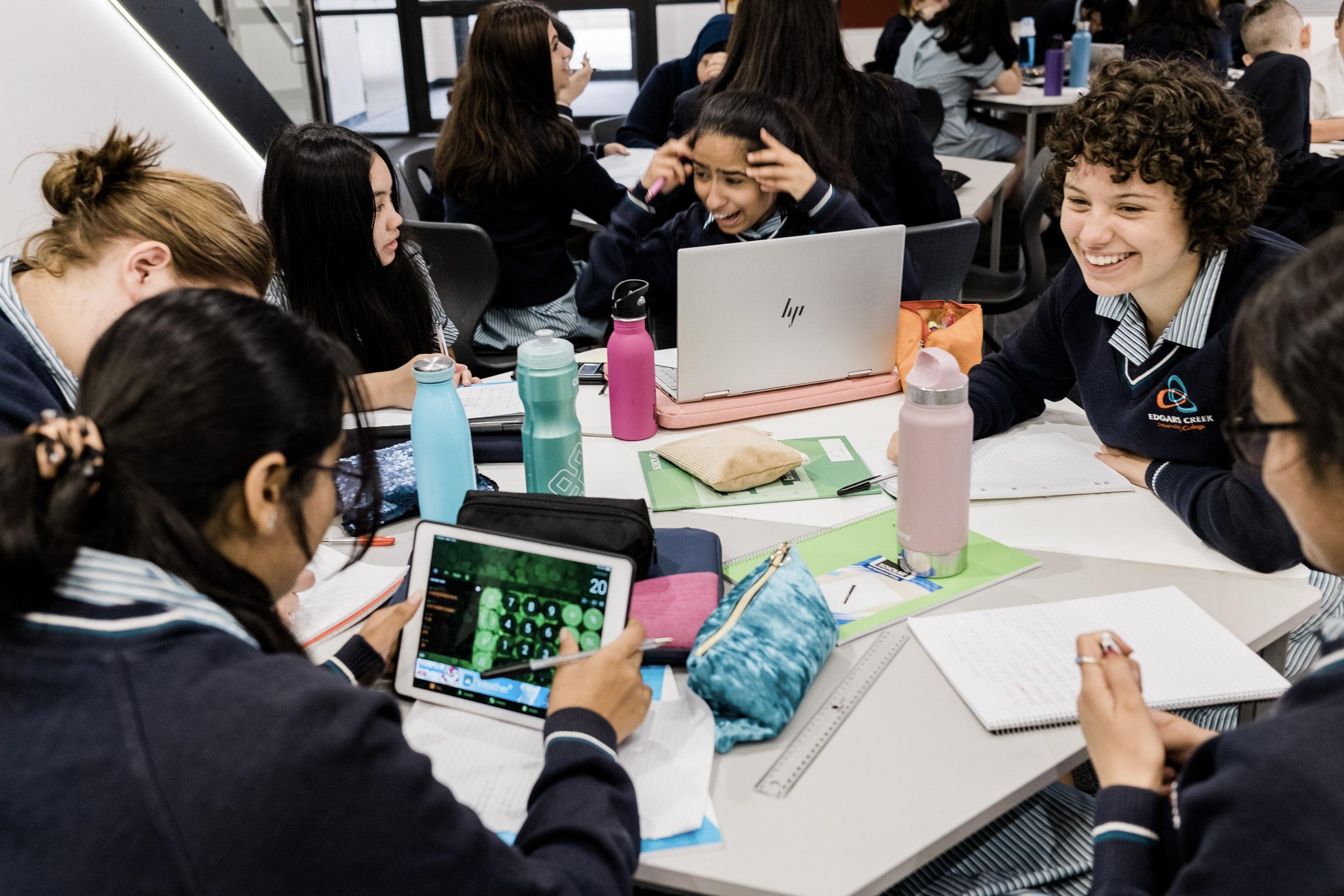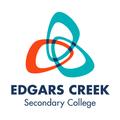Curriculum & Pedagogy

NAPLAN 2021
This term, students in Years 7 and 9 successfully completed their NAPLAN testing in the areas of Literacy and Numeracy. While students and families will not receive the results for some time, as a College, we regularly use NAPLAN data when making decisions around how to best target the learning needs of our ECSC students at years 7-10. Here are just some of the ways we utilise NAPLAN data:
- To target individual students who may be behind in their learning in one or more areas.
- To target individual students who may require extension work in one or more areas.
- To look at how much students have grown from Grade 5 through to Year 9 and look for patterns that might explain that growth.
- To compare where our students are against students across the state and country.
- To ensure our curriculum programs reflect the needs of all of our students.
Classroom Spotlight
9F Humanities with Jas
What does effective classroom teaching look like? That is the question teachers at ECSC investigate as part our ongoing Professional Learning Community inquiry work. Earlier this term I visited the 9F Humanities class and saw first-hand how Jasmine Almatrah utilises various evidence-based teaching strategies while teaching in the area of History.
What were the students learning in this lesson?
Students were learning how to annotate a source in readiness for their Common Assessment Task (CAT).
Can you share some of the teaching strategies you used with the students?
Students collaborated to complete their annotation and used a checklist (visible on the board) to ensure they annotated correctly. They then collaborated with another student to give and receive peer feedback once they had finished their annotation.
What evidence of learning were you looking for as the students were working?
I was specifically looking at inferences and questioning for evidence of learning as they found this part most difficult.
How did students know if they were successful?
I gave them direct, precise feedback on their annotations and showed them how to challenge themselves.
Progress Reports
Families will be receiving the most recent Progress Reports via Compass this week. These provide an excellent snapshot of how your child is currently performing across all subjects so far this term. We encourage families to sit down with their child and talk through the report together. Research tells us that for a student to grow, they must be central to the conversation around their own learning and progress as they move through secondary school.
Start the conversation by asking your child to identify something they are proud of achieving so far this term.
These Progress Reports also allow us to track the growth of students across the year. This gives us an excellent opportunity to work with students to set clear goals in specific subject areas and to recognise improvement and significant growth within an individual. It also enables us to look for patterns that may indicate when a student requires further support and put measures in place to help them achieve success.
Ask your child to compare their Term 1 and Term 2 report graphs and chat about the improvements they have made, as well as areas they want to focus on moving forward.
Overall, the progress reports form part of our wider Assessment and Reporting process and help to bridge the long gap between end of Semester reports. We place a strong emphasis on student learning growth at Edgars Creek Secondary College and believe that all students have the ability to receive and act upon regular feedback to make improvements across the school year.





